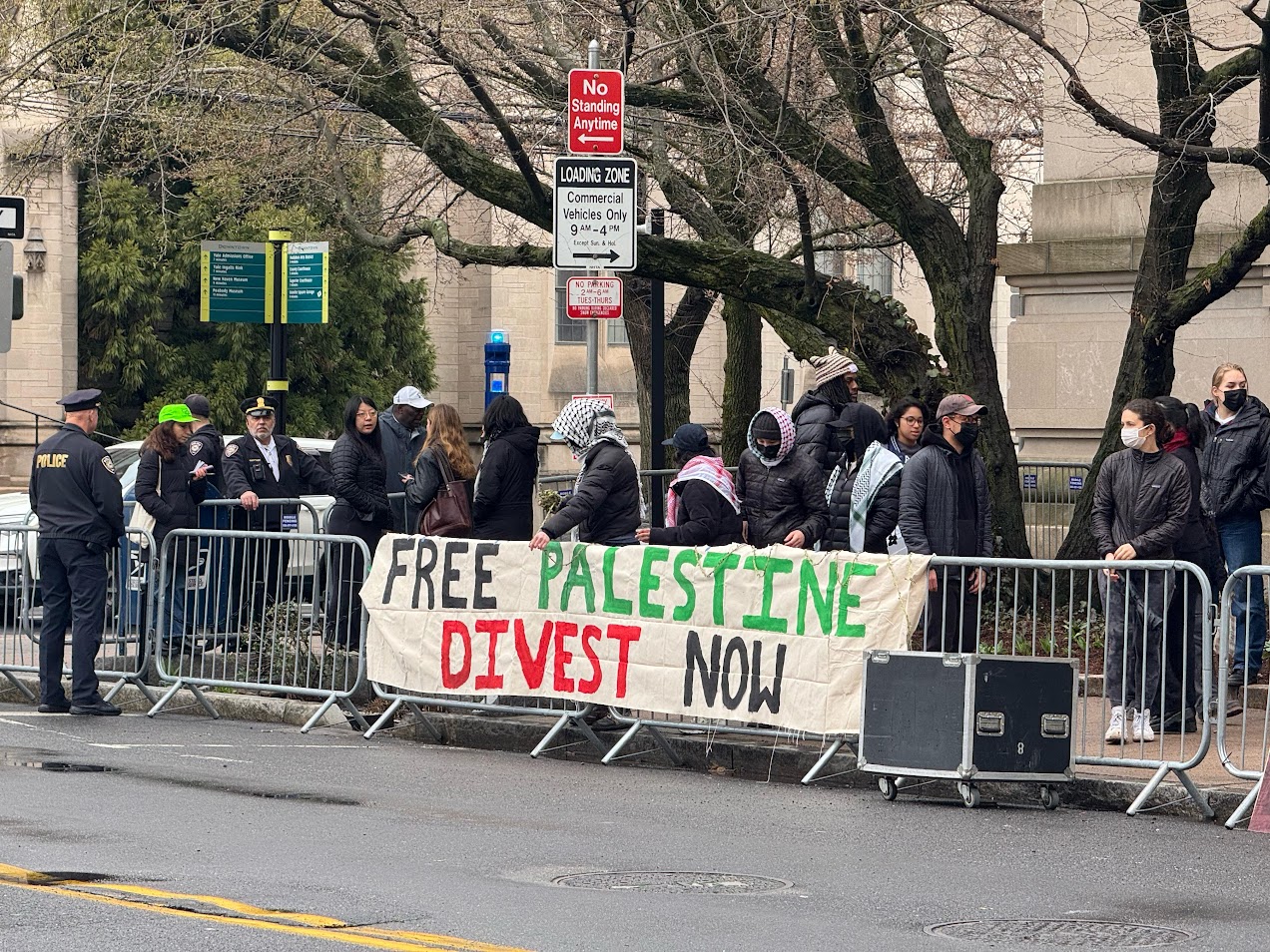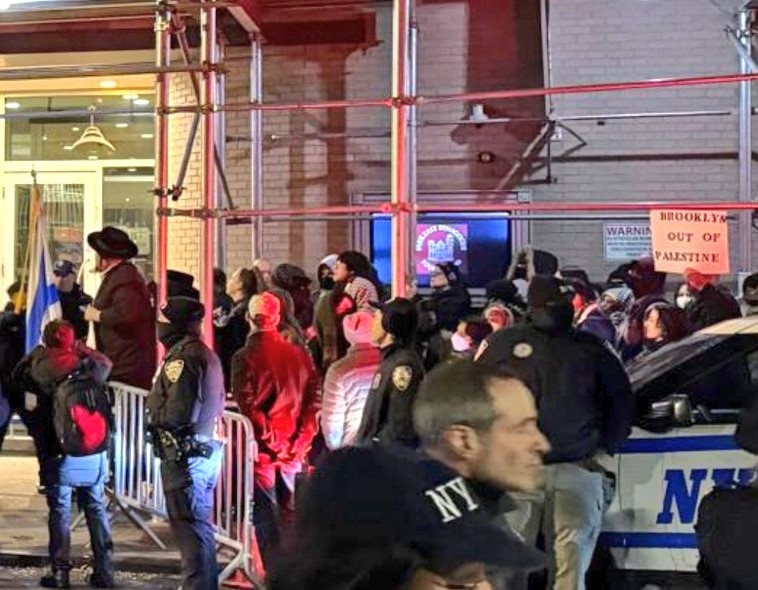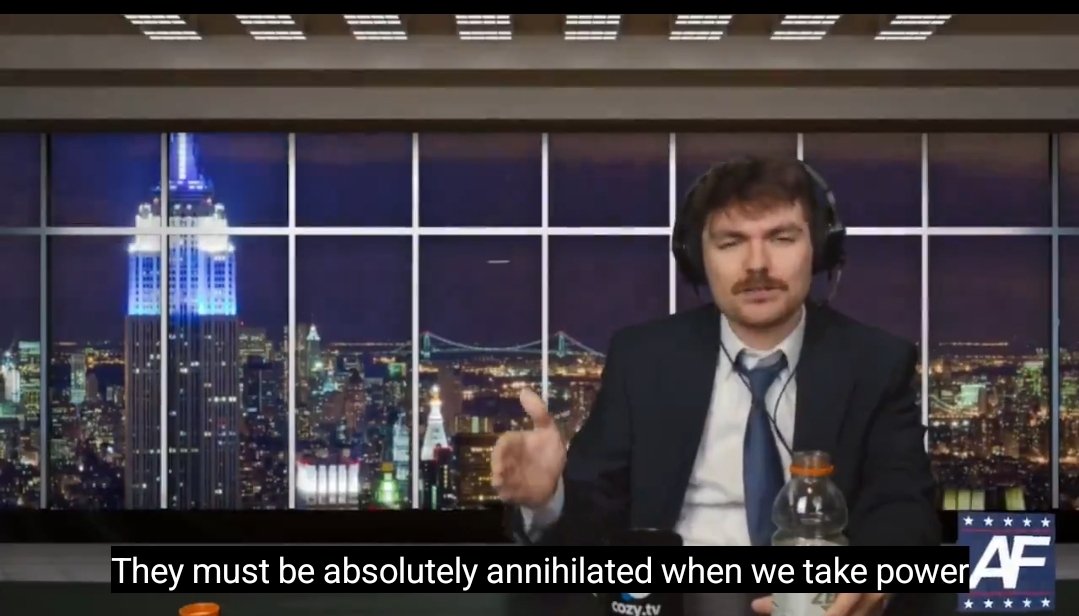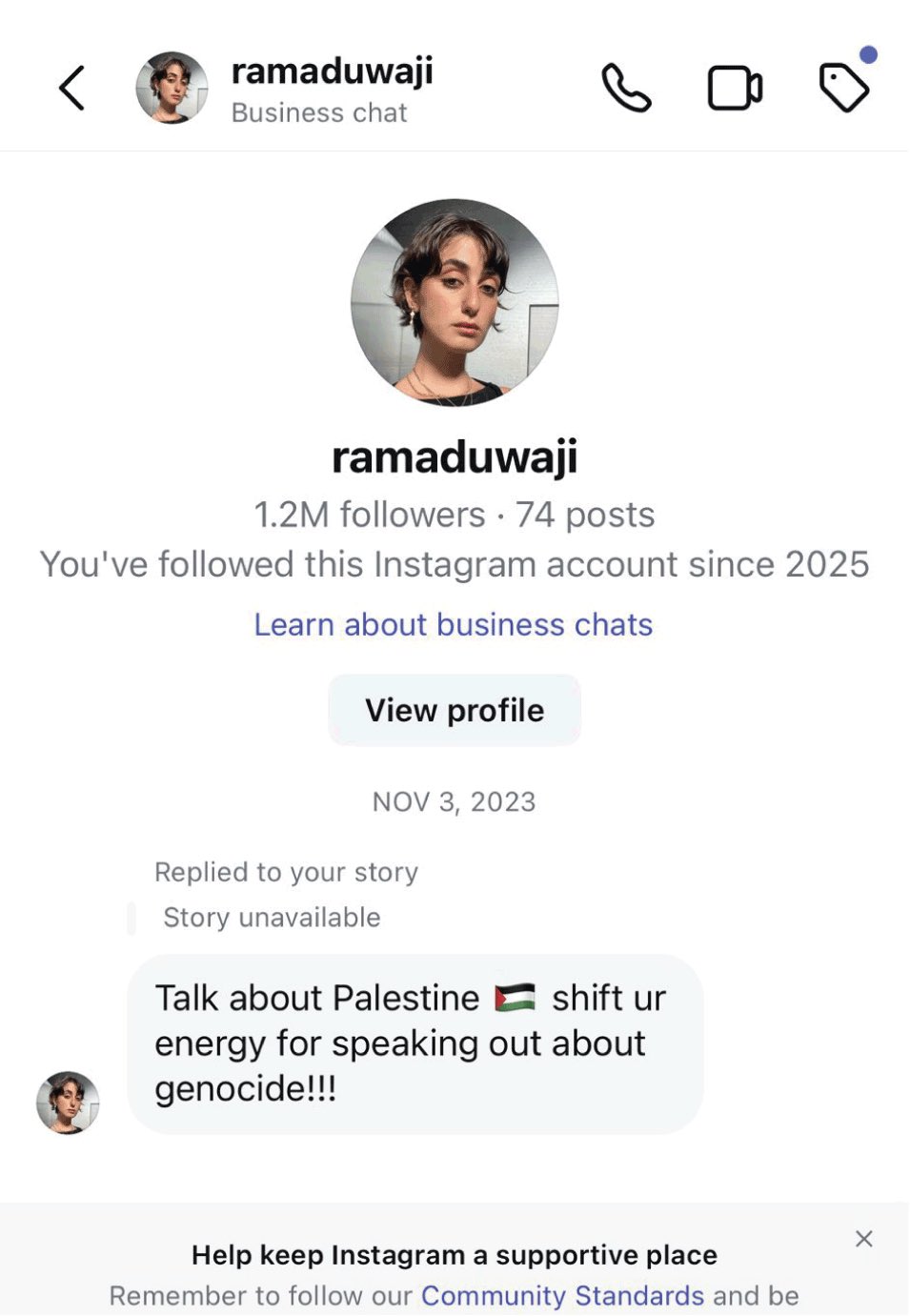By Danielle Arfin
In the corridors of academia, at the invitation list for a film festival, in the email that never arrives, something subtle is happening. It isn’t the blatant hate speech that dominates headlines. It is quieter. It is what one researcher described as a boycott of Israeli science spreading “like a virus in Western Europe”. But it is not just Europe. It is showing signs of taking root in the United States, too. What we are witnessing is a form of discrimination that might well be called silent antisemitism — the professional exclusion of Israelis and Jews, the unspoken withdrawal of affiliation, the missing invitation, the oversight that never explains why.
When a prominent Israeli scientist finds that emails from longtime colleagues go unanswered, when a filmmaker from Israel stops being invited to international festivals without explanation, when a Jewish business partner in the U.S. senses that collaboration offers quietly evaporate — the public may see nothing overt, but the effect is real. The silence replaces the statement. The removal happens without protest. The reason was never articulated. And that ambiguity is part of the damage.
“Silent antisemitism” differs from traditional forms because it doesn’t rely on explicit hostility. It operates through absence: the missing invite, the decline in professional opportunities, the sudden invisibility. That absence sends a message. It breeds uncertainty: Was I excluded because of what I do, the people I know, the country I come from, or something else entirely? The ambiguity itself becomes the tool of exclusion.
Across Europe, the phenomenon has been documented explicitly. Haaretz recently reported that global research collaboration with Israel has sharply declined, with Israeli universities tracking more than 1,000 boycott-related incidents — article rejections, conference disinvitations, and project suspensions. The Marker and Calcalist have documented similar patterns in business and culture. While Europe may be ahead of the curve, the same quiet boycott is increasingly visible in the United States.
In U.S. academia, scholars affiliated with Israel report that collaboration offers have dried up and speaking invitations have evaporated. A recent University of Minnesota academic journal incident illustrates how even editors have quietly excluded Israeli authors, later apologizing after public backlash. Broader research on the subject has found that Israeli academics experience systematic exclusion in international collaborations, often without any formal explanation. At the same time, universities such as the University of California have had to clarify that student governments cannot enact boycotts targeting Israel — a sign that even administrative neutrality is being tested.
In American business, silent antisemitism takes the form of exclusion without declaration. A recent industry report describes how U.S. companies have quietly removed Israeli firms from consideration in procurement processes — not through official boycott policies, but through quiet avoidance. One procurement officer admitted choosing a weaker vendor over an Israeli firm “to avoid potential backlash.” It’s a decision that says everything without saying a word.
In the cultural sphere, silence has become just as powerful. This year, more than 1,200 actors, filmmakers, and entertainment professionals signed a pledge vowing to boycott Israeli film institutions they deemed “complicit.” While framed as a political stance, its effect is the same: Israelis are quietly excluded from the very spaces that claim to champion diversity and artistic freedom.
Because the exclusion is silent, it is harder to document and condemn. No one says, “We are dropping you because you are Jewish or Israeli.” However, the pattern emerges when Israeli names are omitted from panels, when Jewish academics or business leaders are no longer invited to participate, and when festivals cease extending invitations. The effect is cumulative — and corrosive.
The danger of silent antisemitism is manifold. It allows the discriminator plausible deniability — “we just changed priorities” or “we’re reassessing partnerships” — while the underlying cause remains unspoken. It creates fear and self-censorship among Jewish and Israeli professionals: Will I be invited? Should I hide my affiliation? It also corrodes institutional integrity: if inclusion depends on identity, then claims of openness and equity are hollow.
In American institutions, the stakes are high. Universities and industries pride themselves on diversity, free inquiry, and inclusion — yet behind the scenes, Israeli or Jewish professionals feel doors quietly closing. A system that boasts open dialogue may quietly withdraw it. A canceled partnership or unspoken removal leaves no paper trail. It leaves a silence.
To confront silent antisemitism means focusing not only on what is said, but on what is not said and who is not invited. It means looking at who has disappeared from panels, galleries, and boardrooms. It requires transparency in how partnerships are chosen — and courage to name discrimination even when it arrives dressed as diplomacy.
Silent antisemitism isn’t about shouting slogans or burning flags. It’s about the empty chair, the unanswered email, the invitation that never comes. It is the boycott that doesn’t need to speak. And when the quiet becomes normal, we all lose something — honesty, courage, and the possibility of genuine exchange. The first step to stopping it is the hardest one: recognizing the silence itself.







